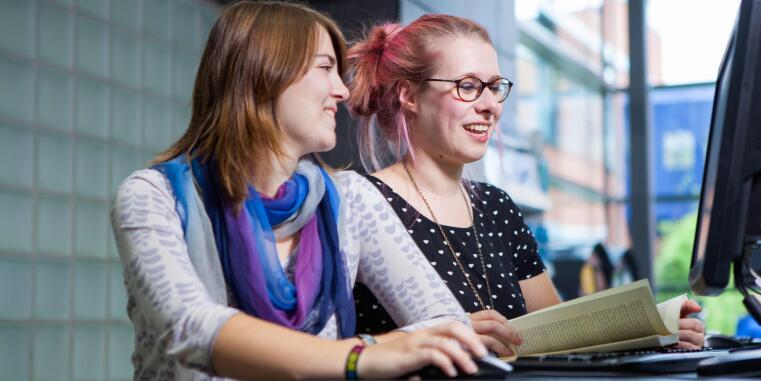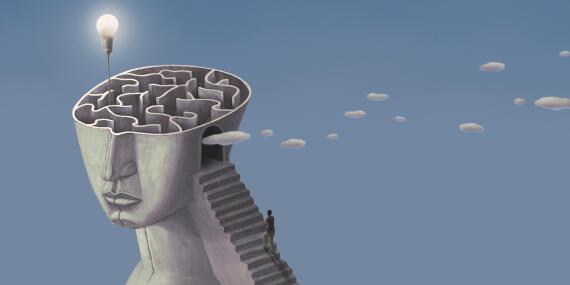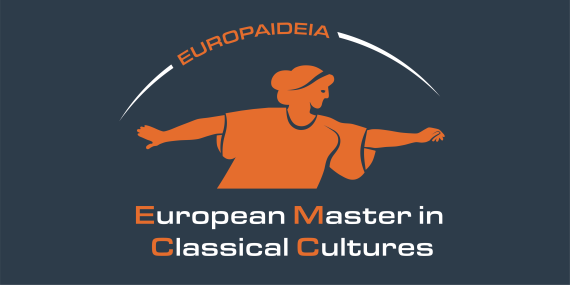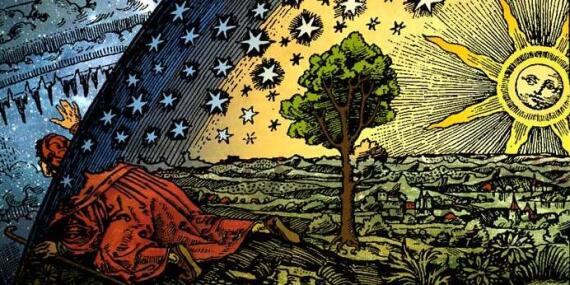

Deepen your interests and build up expert knowledge!
The Master programmes of the Faculty of History & Philosophy deepen both academic and career-related methodological and specialist skills. The aim is to expand your knowledge and skills from the Bachelor programme and to achieve the academic degree of Master of Arts (M.A.) or Master of Education (M.Ed.). With this further course of study, we prepare you for an academic career (research, doctorate) or a management position in companies and organisations.
An admission requirement for our Master programmes is usually the completion of a relevant study programme with a standard duration of at least 6 semesters, which was completed with a Bachelor degree or another professionally qualifying degree (Diplom, state examination, etc.). There are also subject-specific requirements and selection procedures, which you can find out about in the respective access and admission regulations.

Ancient Cultures of the Eastern Mediterranean

History

Interdisciplinary Medieval Studies

Classical and Christian Archaeology

Cultural Anthropology

Latin Language

Philosophy / Practical Philosophy

Practical Philosophy

Social Anthropology









